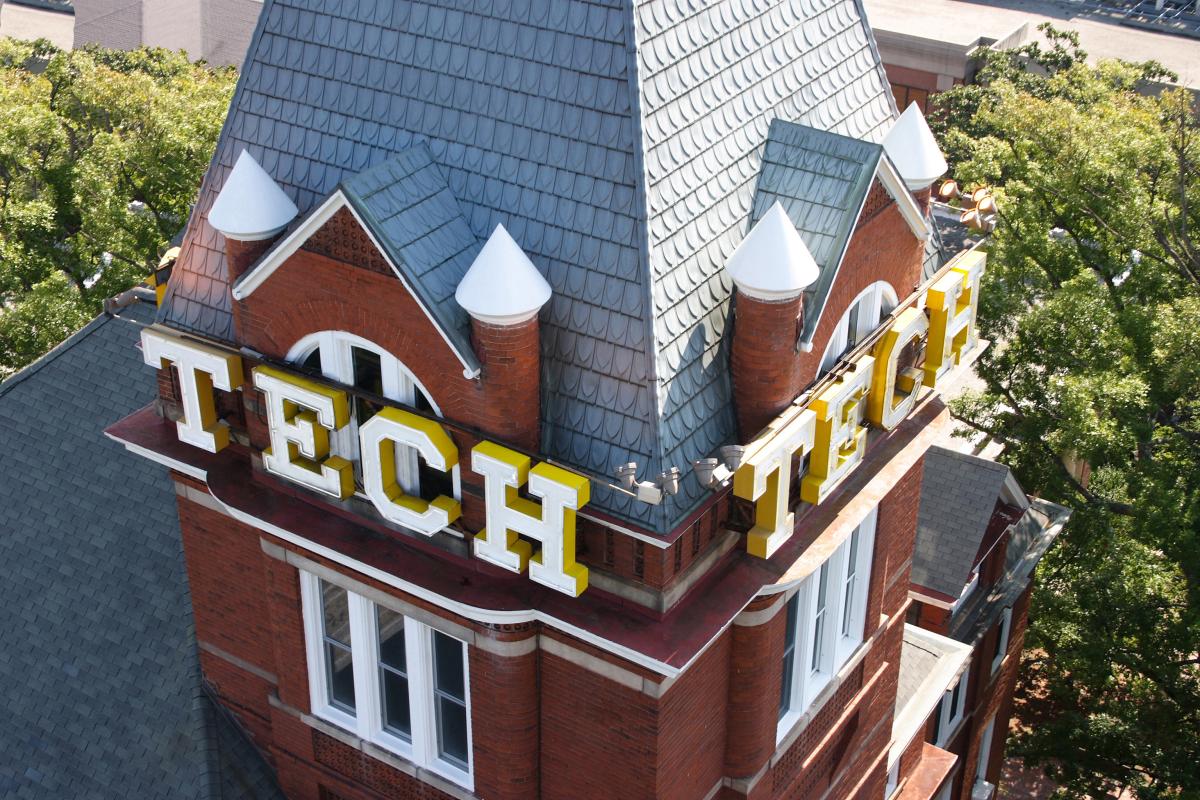Baratunde “Bara” Cola was awarded with a million-dollar grant for nanotechnology breakthroughs.

In a testament to the monumental impact his research has made during a career that began only a few years ago, Baratunde “Bara” Cola has won the prestigious Alan T. Waterman Award.
Cola, an associate professor in the Woodruff School of Mechanical Engineering, was honored for his development of new engineering methods to control light and heat in electronics at the nanoscale. The Waterman Award is widely regarded as the nation’s highest honor for early-career scientists and engineers.
The award, bestowed by the National Science Foundation, recognizes one outstanding researcher per year who is under age 35. This year, however, seems to be even more special. It is the first time that a professor from Georgia Tech's Woodruff School of Mechanical Engineering has been selected. In the 42 years the award has been distributed, it is only the second time that two researchers have been recognized in the same year.
Cola was recognized for piloting a breakthrough other researchers have been attempting to overcome for decades. He and his team created something called an optical rectenna, which effectively and efficiently turns light into direct current. The research involves carbon nanotubes to collect light and rectifier diodes (which are nanotechnology-enabled mechanisms) to convert this light into electricity.
The device they created promises to create extremely efficient solar cells that can power all kinds of technology. Potentially, the optical rectenna could double solar cell efficiency at a tenth of a cost.
The Waterman Award includes a one million dollar grant over five years, which aims to provide the resources for a researcher’s next significant discovery.
Cola and his team have also made other significant discoveries, “including the first thermally conductive amorphous polymer, the first practical electrochemical cell for generating electricity from waste heat and the first evidence of thermal energy conduction by surface polaritons,” according to a statement from the NSF.
Cola’s research in nanotechnology innovations has also led him to found Carbice Nanotechnologies, Inc. By facilitating heat removal from computer chip testing stations, carbon nanotubes will allow for cheaper and faster production of chips.
In addition to his deep involvement in engineering research, Cola is very involved in the betterment of his students and colleagues. In 2015, Cola participated in the NSF’s Innovation Corps at Georgia Tech, which helped participants to take an entrepreneurial look at the potential effects of their research. He is also co-founder of the Academic and Research Leadership Network, made up of over 300 engineering researchers from underrepresented minority groups.
Cola will be recognized for his accomplishments at a NSF dinner in Washington D.C. next month. By his side will be the other winner of this year’s Waterman Award, John. V. Pardon of Princeton University.
Competition for the Waterman Award is very stiff, and being honored with the grant is an indication of certain current and future impacts on the science and engineering world.
